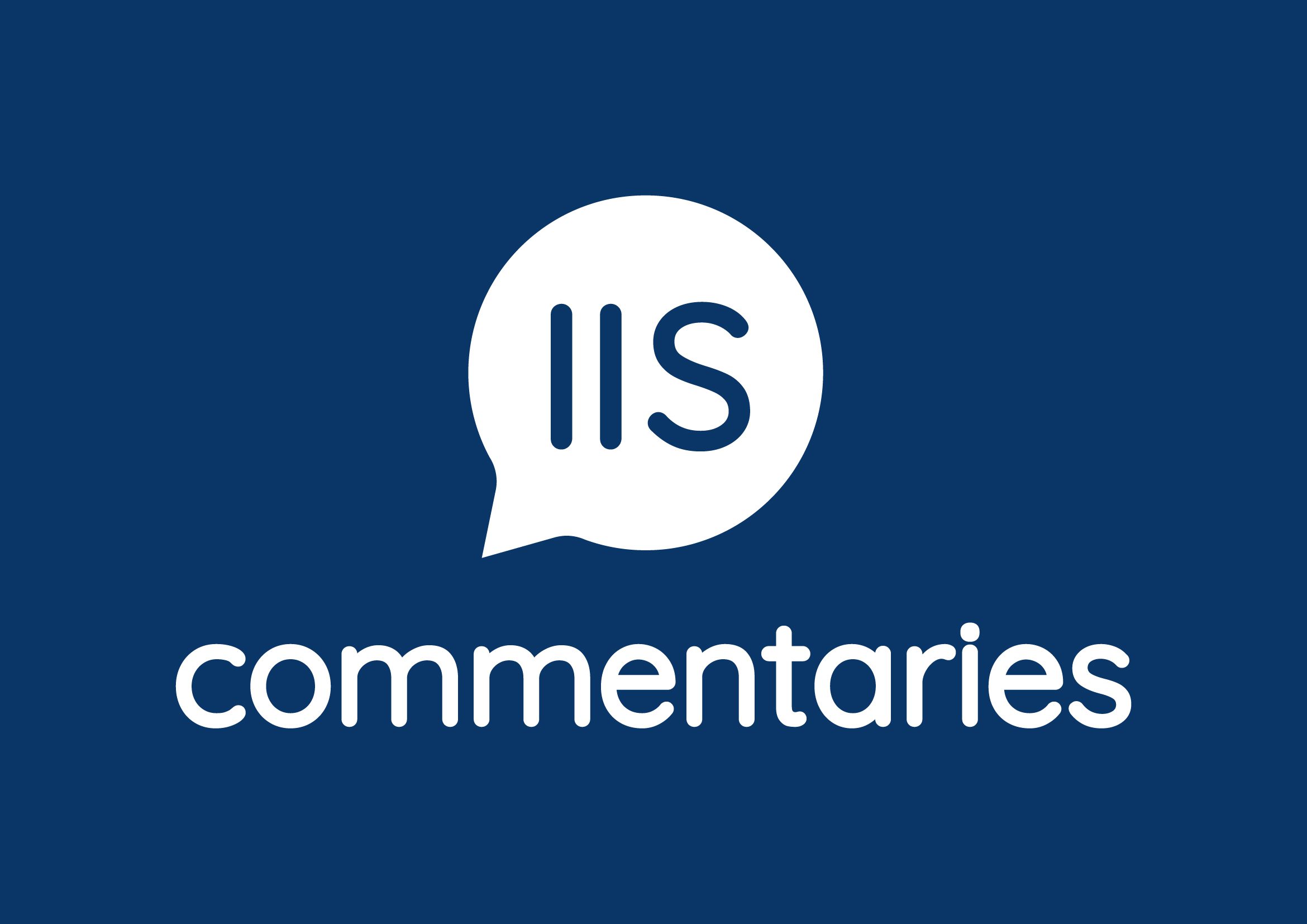
On Friday (29/10), Institute of International Studies, Universitas Gadjah Mada successfully held the #17 Beyond the Great Wall discussion focusing on the topic of “Contemporary China: The Rise behind The Economic Gap”. IIS invited Gufron Gozali, a research assistant from Universitas Islam Indonesia and Nadya Zafira, an International Relations student from Universitas Gadjah Mada dor this round of discussion. With Fanya Tarisa Anindita, our Publication Intern acting as the moderator.
Gufron started the first session, presenting about “Indonesia and the Rise of China”, looking back to China’s history from its dark time to the rise of communism and the rise of China in general in 1945. It is undeniable how China has undergone such progressive economic rise, reaching an average of 9,5% in the past 40 years. On the other hand, along with China’s economic growth, the relation between China and Indonesia fluctuates. At one point Both parties were considered close before the New Order, but during the New Order the relations was severed and finally during Reform era both countries start to actively engage in various sector yet again.
The recovery of Indonesia and China’s cooperation continued intensely under Jokowi’s government. Gufron stressed that trade value between the countries has always been increasing, including the cooperation through the Belt Road Initiative (BRI) program. However, this cooperation is facing new challenges, such as the prejudice and negative perception from Indonesian citizens towards China, problems with the balance of trade, to the sentiment growing among the citizens about migrant workers from China.
After Gufron’s presentation, Nadya continued the session with the topic of “Digital Precariat in the Common Prosperity Era.” In her presentation, Nadya spoke about the transition experienced by Chinese employees who had to change their profession to be digital workers. This transition happened as an impact of sharing economy’s development, which depends on digital platforms and the internet as the main vessel. It is clear that the majority of employees are willing to transition to digital workers, for its higher incentives, flexible working hours and less restrictive requirements compared to conventional workers.
However, in reality, digital workers are faced with a lot of obstacles such as unstable income, unpredictable working hours, higher risk of accidents at work, and not-so-secure social insurance. The lack of legal protection makes it harder for digital workers to voice their demands, resulting in protests and demonstrations. This has been a dilemma for the government, the position where the digital workers are right now is actually against the Common Prosperity Era’s values by Xi Jinping, Nadya stated.


